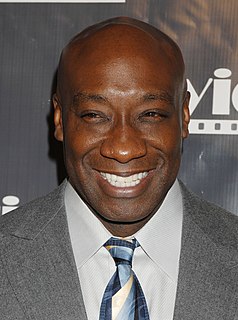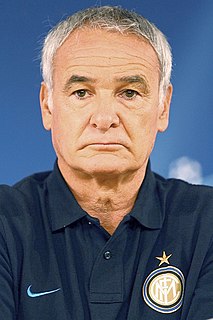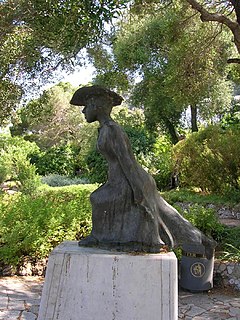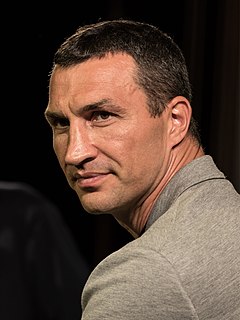A Quote by Jeffrey Eugenides
I was directed because I knew I wanted to be a novelist, but I didn't have a very good job or a way of getting published. I found those years to be among the most difficult of my life.
Related Quotes
I left the convent and that was because I wasn't a very good nun. I could see that I wasn't going to make it. It's very difficult to be a nun, or to live a religious life. It's very difficult to live a life of total celibacy or a life without any possessions or material responsibilities at all, or in total obedience to somebody else, and remain a mature whole human being, and I knew that I wasn't going to be one of those.
When the cinematography school told me I would have no chance to get a job, I said, "It's irrelevant." My mom was a feminist in the '20s. She taught me to be on my own, to be independent, to do what I wanted to do. I did not believe it would be difficult. It was difficult. In '66, I almost starved for a year and a half, and the only way I did not starve was because I could not find a job in camera, but I found a job in editing.
The poverty rate among black married couples has been in single digits ever since 1994. You would never learn that from most of the media. Similarly you look at those blacks that have gone on to college or finished college, the incarceration rate is some tiny fraction of what it is among those blacks who have dropped out of high school. So it’s not being black; it’s a way of life. Unfortunately, the way of life is being celebrated not only in rap music, but among the intelligentsia, is a way of life that leads to a lot of very big problems for most people.
I was first published in the newspaper put out by School of The Art Institute of Chicago, where I was a student. I wince to read that story nowadays, but I published it with an odd photo I'd found in a junk shop, and at least I still like the picture. I had a few things in the school paper, and then I got published in a small literary magazine. I hoped I would one day get published in The New Yorker, but I never allowed myself to actually believe it. Getting published is one of those things that feels just as good as you'd hoped it would.
I told my parents when I was three that I wanted to be in movies. I don't know what I saw at three years old that would make me decide that's a job and I want to have that job. But I was very confident, very sure that's what I wanted to do. I didn't do anything about it. I didn't prove it to myself or anything. I just knew.
I don't know Beyoncé, but I have the impression that she's sincere, that she really is a feminist and wanted to put the word out there to make it a good word in a big way by putting it in big letters on the stage, and especially because she was quoting the African novelist Chimamanda Ngozi Adichie who said, "We should all be feminists." She's a very accomplished and important novelist.
Watching Jamila sometimes made me think the world was divided into three sorts of people: those who knew what they wanted to do; those (the unhappiest) who never knew what their purpose in life was; and those who found out later on. I was in the last category, I reckoned, which didn't stop me wishing I'd been born into the first.
I went back to work right away [after prison]. I was very lucky — a friend of mine created a job for me at his company. Most prisoners who come home face really significant challenges when it comes to finding work. It’s very, very hard for most people who have a criminal record to get a job. I think the system is very wasteful of taxpayers’ dollars. It’s also very wasteful of human potential. I found that most people whom I was locked up with were, you know, good people who have skills and value. Prison is a missed opportunity to nurture those things.
I was raised with a single mom and we had a very specific, very particular relationship. She worked with me and my job. I was almost three and we traveled everywhere together and she was really in my life in a really profound way. The most significant relationship of my life. It was beautiful and also an incredible, difficult struggle. I know how creative that life is, and how difficult it is to figure it out.
Imagine if I'd said, 'I have to be the best actress - I want that and nothing else.' I never would have directed. I never would have produced. I never would have done a beauty line. I would have just worried about getting a job or been frustrated that I wasn't getting the job that I wanted. I was ready to be a businesswoman.







































